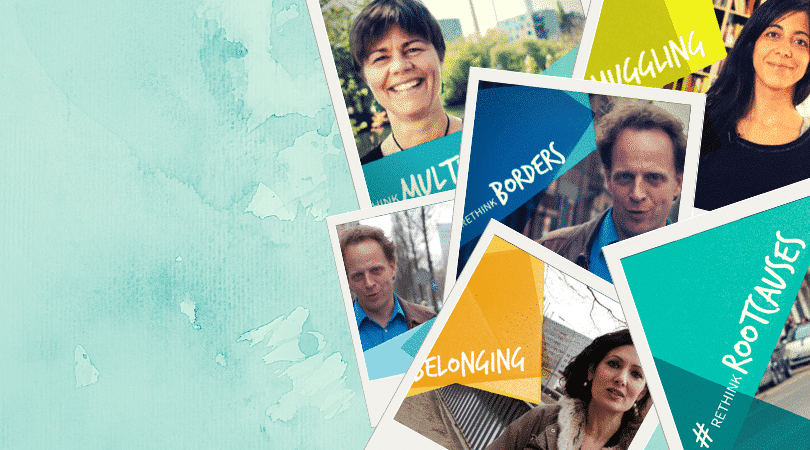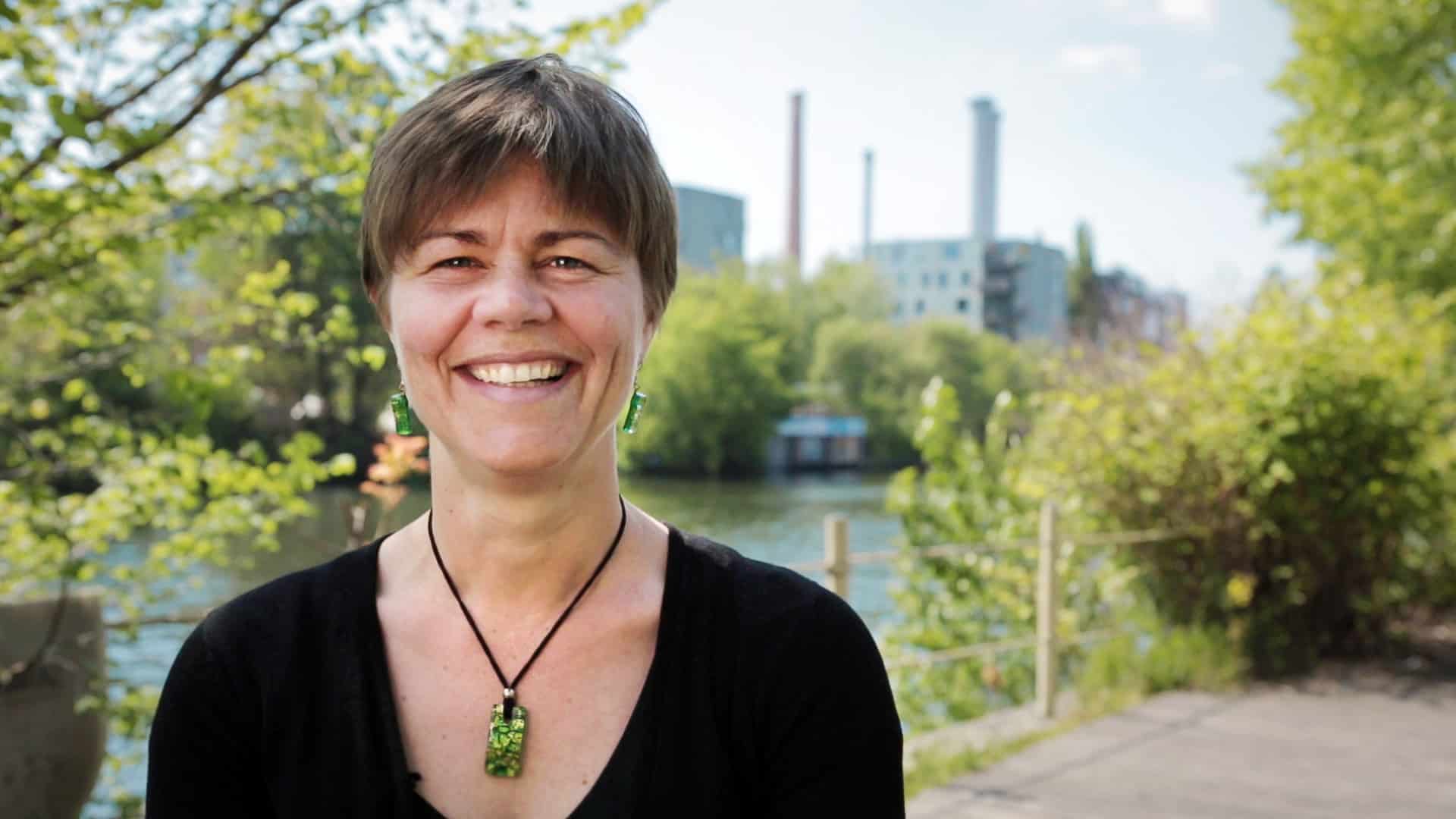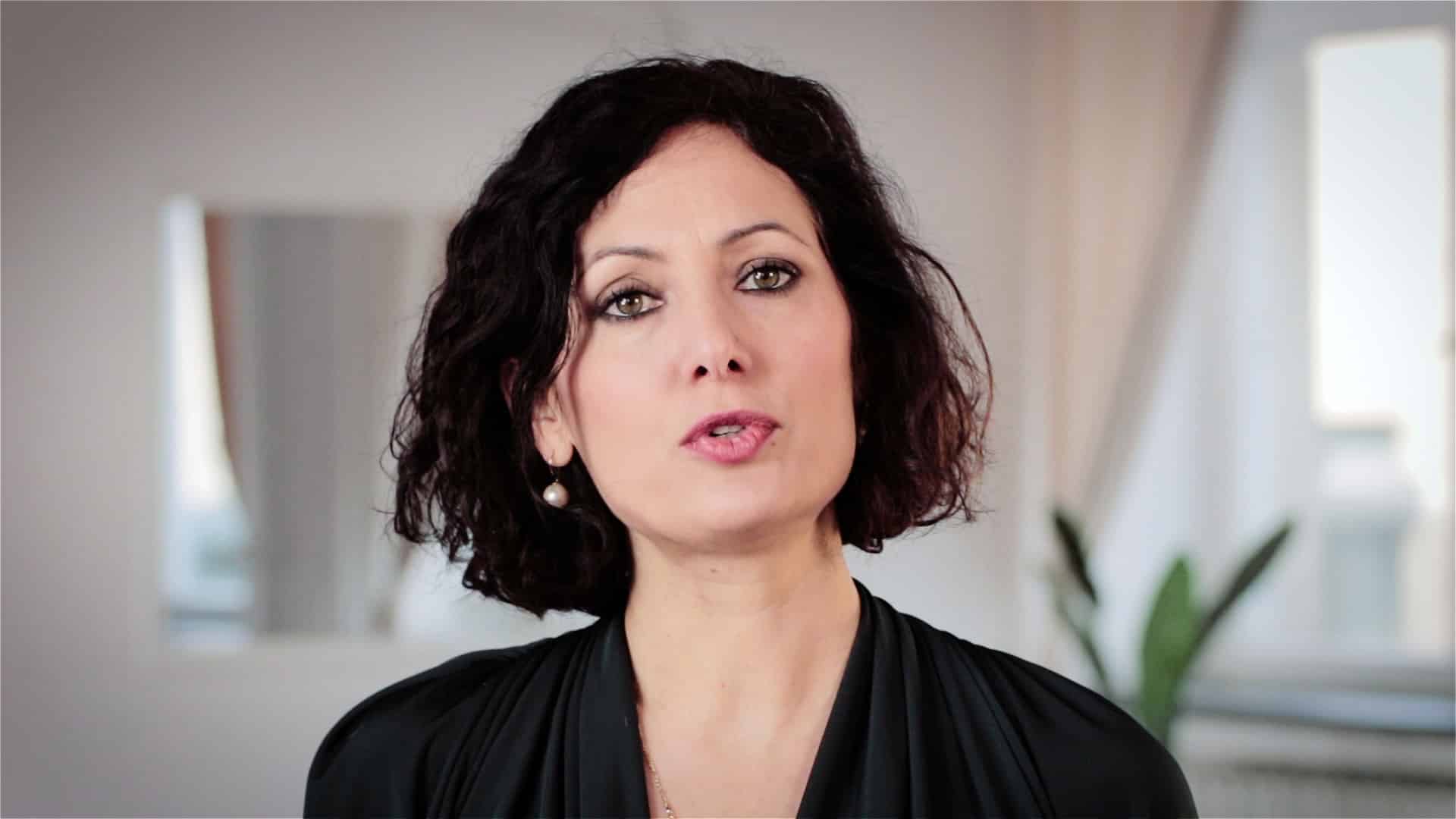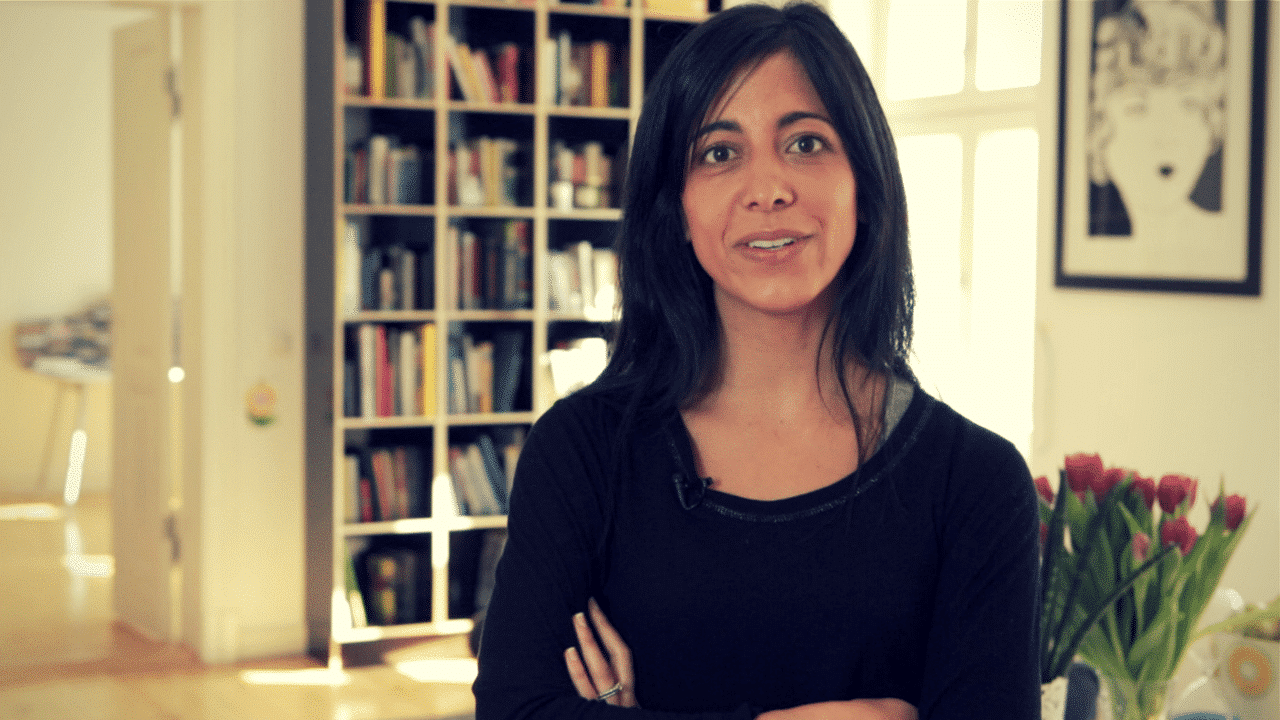How many people migrate?
Between the refugee crisis and globalization it can feel like we’re living in a time of unprecedented mass migration. University of Amsterdam’s Hein de Haas shares with us the actual reality when it comes to the numbers.
Learn from renowned migration experts and the Migration Matters team about controversial issues ranging from smugglers and borders to belonging and diversity in this fun and accessible YouTube series.


Dr. Irene Bloemraad (Ph.D. Harvard; M.A. McGill) is the Class of 1951 Professor of Sociology. She also serves as the Thomas Garden Barnes Chair of Canadian Studies at Berkeley, is the founding Director of the Berkeley Interdisciplinary Migration Initiative, and co-directs the Boundaries, Membership and Belonging program of the Canadian Institute for Advanced Research. In 2014-15, she was a member of the U.S. National Academies of Sciences committee reporting on the integration of immigrants into American society.

Prof. Dr. Naika Foroutan is director of the German Center for Integration and Migration Research (DeZIM). She is a professor of integration research and social policy at the Humboldt University in Berlin and head of department at the Berlin Institute for Empirical Integration and Migration Research (BIM). Her research interests include the transformation of immigration countries into post-migrant societies, Islam and minority politics, as well as radicalization, racism and Islamism. Prof. Dr. Naika Foroutan represents the Berlin Institute for Empirical Integration and Migration Research (BIM) in the DeZIM research community.

Dr. Hein de Haas is Professor of Sociology at the University of Amsterdam. He was a founding member and director of the International Migration Institute at the University of Oxford. He is a co-author of The Age of Migration, a leading textbook in the field of migration, as well as How Migration Really Works. You can find more information and free downloads of his publications on his website as well as check out his blog.

Dr. Nassim Majidi is the co-Founder & Director of Samuel Hall, a social enterprise dedicated to migration research across Asia, Africa and Europe, with offices in Kabul, Nairobi, Tunis and Berlin. There she leads a team of 40+ researchers and field coordinators across countries of origin, transit, and destination. Dr. Majidi completed her Ph.D. at Sciences Po in France on return and reintegration policies. She is a Research Associate with the African Centre for Migration & Society (AMCS), Wits University, South Africa and the Feinstein International Center at Tufts University in Boston, MA, USA.